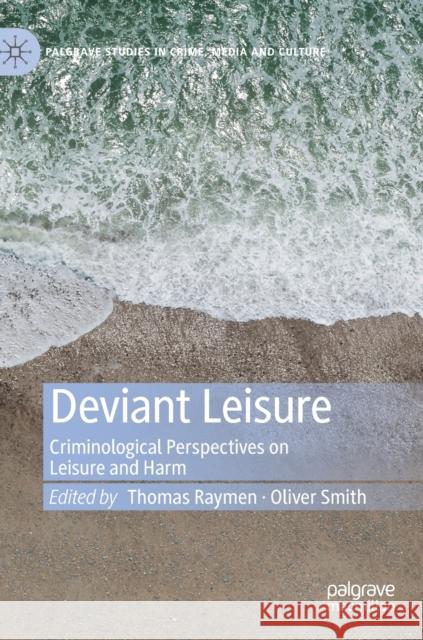Deviant Leisure: Criminological Perspectives on Leisure and Harm » książka
topmenu
Deviant Leisure: Criminological Perspectives on Leisure and Harm
ISBN-13: 9783030177355 / Angielski / Twarda / 2019 / 439 str.
Deviant Leisure: Criminological Perspectives on Leisure and Harm
ISBN-13: 9783030177355 / Angielski / Twarda / 2019 / 439 str.
cena 563,56
(netto: 536,72 VAT: 5%)
Najniższa cena z 30 dni: 539,74
(netto: 536,72 VAT: 5%)
Najniższa cena z 30 dni: 539,74
Termin realizacji zamówienia:
ok. 16-18 dni roboczych.
ok. 16-18 dni roboczych.
Darmowa dostawa!
Kategorie:
Kategorie BISAC:
Wydawca:
Palgrave MacMillan
Seria wydawnicza:
Język:
Angielski
ISBN-13:
9783030177355
Rok wydania:
2019
Wydanie:
2019
Ilość stron:
439
Waga:
0.72 kg
Wymiary:
21.0 x 14.8
Oprawa:
Twarda
Wolumenów:
01
Dodatkowe informacje:
Wydanie ilustrowane











